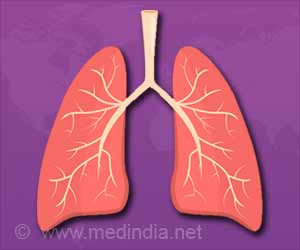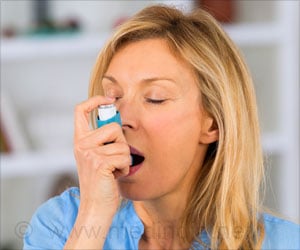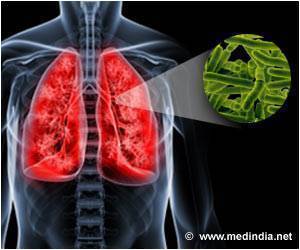US researchers are now recommending hypnosis as a treatment option for respiratory ailments in children when they could be suffering from psychological problems.
US researchers are now recommending hypnosis as a treatment option for respiratory ailments in children when they could be suffering from psychological problems.
Hypnosis is proposed as an adjunct to conventional treatment in a paper titled "Adding Hypnosis to the Therapeutic Toolbox of Pediatric Respiratory Care," and published in Pediatric Asthma, Allergy & Immunology, a peer-reviewed journal published by Mary Ann Liebert, Inc. Hypnosis has potential therapeutic value in children with respiratory disorders for alleviating symptoms such as habit cough or unexplained sensations of difficulty breathing and for lessening a child's discomfort during medical procedures, it has been stated.In his paper, Ran D. Anbar, MD, Professor of Pediatrics at SUNY Upstate Medical University, Syracuse, points to symptoms such as difficulty taking a breath, a disruptive cough, hyperventilation, noise on inspiration such as a gasp or squeak, and difficulty swallowing despite normal lung function as possible indications for the use of hypnosis to supplement medical therapy. Symptoms that are absent during sleep, can be associated with a particular activity or location, or are linked to or triggered by an emotional response may be particularly responsive to hypnosis.
Published data support the benefit of hypnosis in children with respiratory disorders with a large mind-body component such as vocal cord dysfunction and habit cough. Hypnosis can also help lessen sensations of difficulty breathing and anxiety in other respiratory diseases such as cystic fibrosis and asthma. Hypnosis is also a valuable tool for easing a child's anxiety and helping patients control their response to discomfort.
Although hypnosis has been used successfully as a clinical therapy for many decades, insufficient research has been done with patients who have respiratory disorders. There are several basic randomized research projects that could signifi cantly affect the practice in this field, including:
1. Given the overlap of anxiety and respiratory symptoms, the symptoms of patients who have asthma and anxiety are likely to improve with hypnosis. Thus, a study of the treatment of asthma with hypnosis should assess children’s anxiety level. Cost savings as a result of decreased need for utilization of medical services might be tracked as part of such a study.
2. The eff cacy and cost-effectiveness of treatment with hypnosis could be compared to speech therapy for vocal cord dysfunction.
Advertisement
hypnosis.
Advertisement
5. The time required and type of training and experience needed in order to become an effective facilitator of selfhypnosis for children with respiratory disease could be ssessed.
Challenges in conducting hypnosis research include development of appropriate control conditions, development of simple hypnosis protocols that are applicable to children and likely to be used by them on a regular basis, and achievement of effective collaboration with hospital and clinic staff, it has been observed.
Clinical hypnosis, provided by an appropriately trained staff member at a pediatric respiratory specialty center, can be an important therapeutic tool that may reduce the number of necessary investigations or pharamacologic interventions for patients whose presentation is caused or affected by a mind/body process, the paper concludes.
Ran D. Anbar, the author of the paper, is President-elect of the American Society of Clinical Hypnosis. He has been compensated for teaching at workshops sponsored by the American Society of Clinical hypnosis, as well as at other hypnosis workshops around the world.
"Dr. Anbar has added hypnosis to our therapeutic toolbox. When breathing problems have a large mind-body component, resolution with hypnosis can dramatically reduce the need for expensive testing and medications," says Harold Farber, MD, MSPH, Editor of Pediatric Asthma, Allergy Immunology, and Associate Professor of Pediatrics, Section of Pulmonology, at Baylor College of Medicine, Houston.
Source-Medindia
GPL











